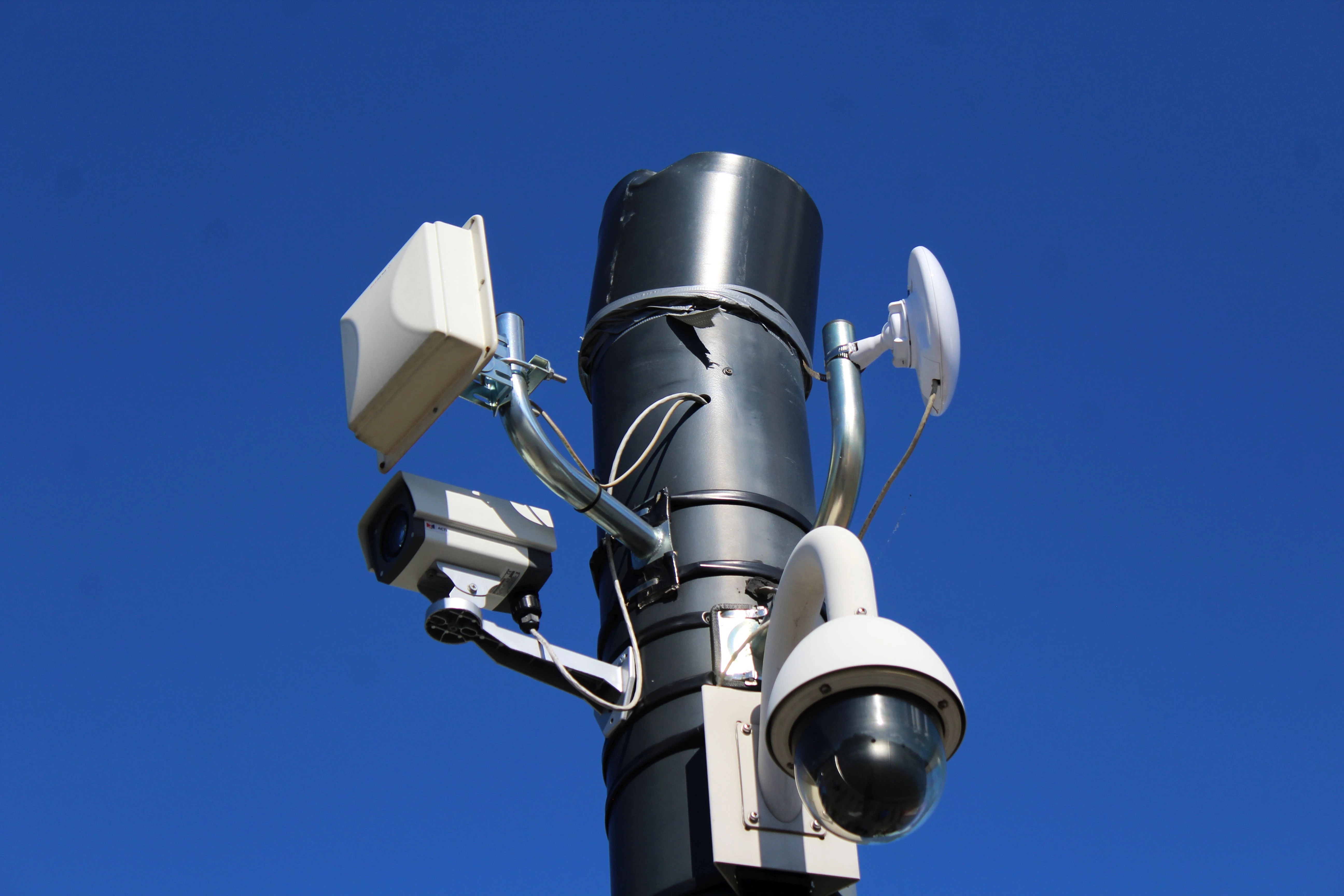Diggers have begun removing a massive accumulation of wet wipes from the River Thames in what authorities describe as a first-of-its-kind clean-up operation. The plastic waste has formed a thick sludge along a 250-metre stretch of the river's southern foreshore by Hammersmith Bridge in west London. Campaigners have dubbed the formation "wet wipe island" after volunteers collected more than 140,000 wet wipes from the area over eight years.
The Port of London Authority (PLA), working with Thames Water, launched the removal project on Monday. The operation is expected to take up to a month to complete and will tackle an estimated 180 tonnes of congealed wipes. Footage shows digger arms plunging into what appears to be a protruding river bank, but closer inspection reveals machines scooping out chunks of contaminated waste including plastic fragments and wet wipes.
Scale of contamination
The wet wipe island measures approximately two tennis courts in area and reaches depths of one metre in some places. The accumulated waste weighs the equivalent of 15 double-decker London buses. Other debris littering the shoreline includes tyres, traffic cones, clothing items, plastic bags and pieces of taupe, contrasting sharply with Hammersmith's scenic riverside pubs and homes.
The plastic waste has settled in this slow-moving section of the river after being flushed down toilets and released as untreated sewage during periods of heavy rain. Grace Rawnsley, PLA director of sustainability, said: "It is disgusting. It's unsightly, it's causing environmental harm and we don't think it should be here." The wet wipes break down into microplastics and contaminate the environment with bacteria, making removal crucial for environmental protection. "It's really important to get them out," she added.
Years-long delay
When asked why removal had taken years to implement, Rawnsley said: "We're just as frustrated at the pace as everybody. We wish responsible bodies had acted sooner to deal with the issues, but this is a good opportunity." The contaminated waste will be sent to landfills rather than recycled due to high contamination levels.
The clean-up coincides with the recent operation of the Thames Tideway Tunnel, designed to catch 250 tonnes of plastic waste annually. John Sullivan, Thames Water's head of its Tideway Integration Group, explained the timing: "It would seem sensible to do this scale of a clean-up once the Thames Tideway Tunnel has gone into operation. Without it, we'd be coming back year on year in order to do the clean-up."
Infrastructure solution
The new "super sewer" aims to reduce untreated sewage dumping during wet weather by intercepting overflow before it reaches waterways. Sullivan said: "Now the Thames Tideway Tunnel is in operation, we will intercept 95% of the volume of water that goes into the river. It's only in the most extreme storms that we'll ever get an overflow now."
The sewage overflow issue stems from ageing infrastructure, growing demand and climate impacts, sparking widespread public criticism. When challenged about interim clean-ups, Sullivan defended the approach: "This one clean-up is spending our customers' money more wisely, doing it once, assessing the impact and then coming back if necessary."
Call for behaviour change
Thames Water, PLA and charity Thames21 are urging the public to dispose of wet wipes in bins rather than flushing them down toilets. Sullivan described wet wipes as "a curse of the sewer system" and advised: "What we'd encourage our customers to do is only flush pee, poo and paper down the toilet rather than wet wipes."
Liz Gyellye, communications manager at Thames21, called for comprehensive reform beyond the clean-up operation. She said: "We're arguing for systemic change. Of course (the clean-up) is part of the puzzle but it's not the whole puzzle. We want manufacturers to introduce alternatives to plastic wet wipes, we want water companies to invest in sewage infrastructure and we want consumers not to flush them down the loos and put them in the bin. And, of course, we want the Government to hurry up and introduce a ban on plastic in wet wipes."
The three organisations have welcomed legislation currently progressing through Parliament to ban plastic in wet wipes, whilst Thames Water is working with Thames21 to identify further contaminated sites requiring attention.
Sources used: "PA Media" Note: This article has been edited with the help of Artificial Intelligence.











